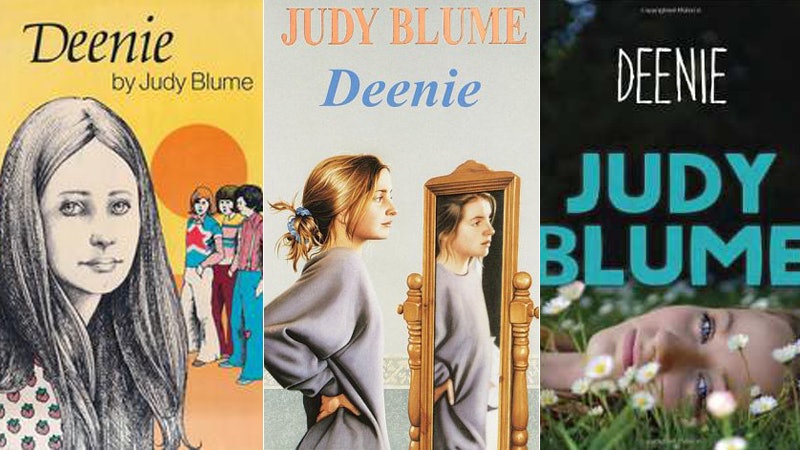


I read that book at 14 and remember being confused that it doesn’t end with a Disney happily-ever-after. Most controversially of all, there was 1975’s Forever… in which 18-year-old Katherine falls in love for the first time and has sex with her boyfriend, Michael. As well as assuring young women like me that you don’t just have to be who your parents tell you you are, it normalised and gently reassured readers that budding interest in sex wasn’t inherently shameful. It is a deeply empathetic look at embracing your perceived flaws and growing into autonomy. I saw my past and present on the screen and the enduring struggles of womanhood.īlume’s 1973 book Deenie became one of the most frequently challenged books in the American library system because the protagonist masturbates. The film also brings to life the struggles of Margaret’s mother, who has become my surrogate as an approaching-middle-age woman on the perpetual cusp of burnout. Reading them brought to life in a story and treated as worthy, commendable even, is revolutionary. It’s so easy to be ashamed of those feelings as a teenager, and to believe that making yourself small and hiding your problems is the only way to cope. ‘Blume chipped away at taboos that still persist, and showed young women’s inner turmoil and sexuality outside the male gaze.’ Judy Blume at the Time Magazine 100 gala in April 2023. With mixed Jewish and Christian heritage, Margaret Simon has to contend with spiritual confusion, a move to the suburbs, and her teacher mother becoming a housewife all while desperately wanting her breasts to develop and her period to start. Are You There God? It’s Me, Margaret is probably Blume’s most beloved novel, finally adapted for the screen nearly 50 years after the book’s publication and directed by The Edge Of Seventeen’s Kelly Fremon Craig.

The wall-to-wall interviews, tributes, and other coverage of the new film and documentary are a testament to her ongoing relevance, and to the fact that teenage girls need her more than ever. But slowly, hearing from friend after friend that “I do not know how I would have coped with being 13 without her”, I began to see her work as something even more special: a spiderweb of support that bonded every reader of the more than 90m books she has sold.

Watching the new documentary about Blume and the upcoming film adaptation of Are You There God? It’s Me, Margaret, I felt almost betrayed as I saw that my intimate parasocial relationship with her was shared by so many other people. I grew up in Sudan and then Brighton in the 90s and 00s, but never questioned the fact that these stories, set in the US of the 70s and 80s, were written for me – gifts from Blume to guide me through my specific struggles. From the crippling insecurities of being 10 in Otherwise Known as Sheila The Great to virginity loss in Forever …, Blume’s novels shepherded me through adolescence like a beloved family member.


 0 kommentar(er)
0 kommentar(er)
